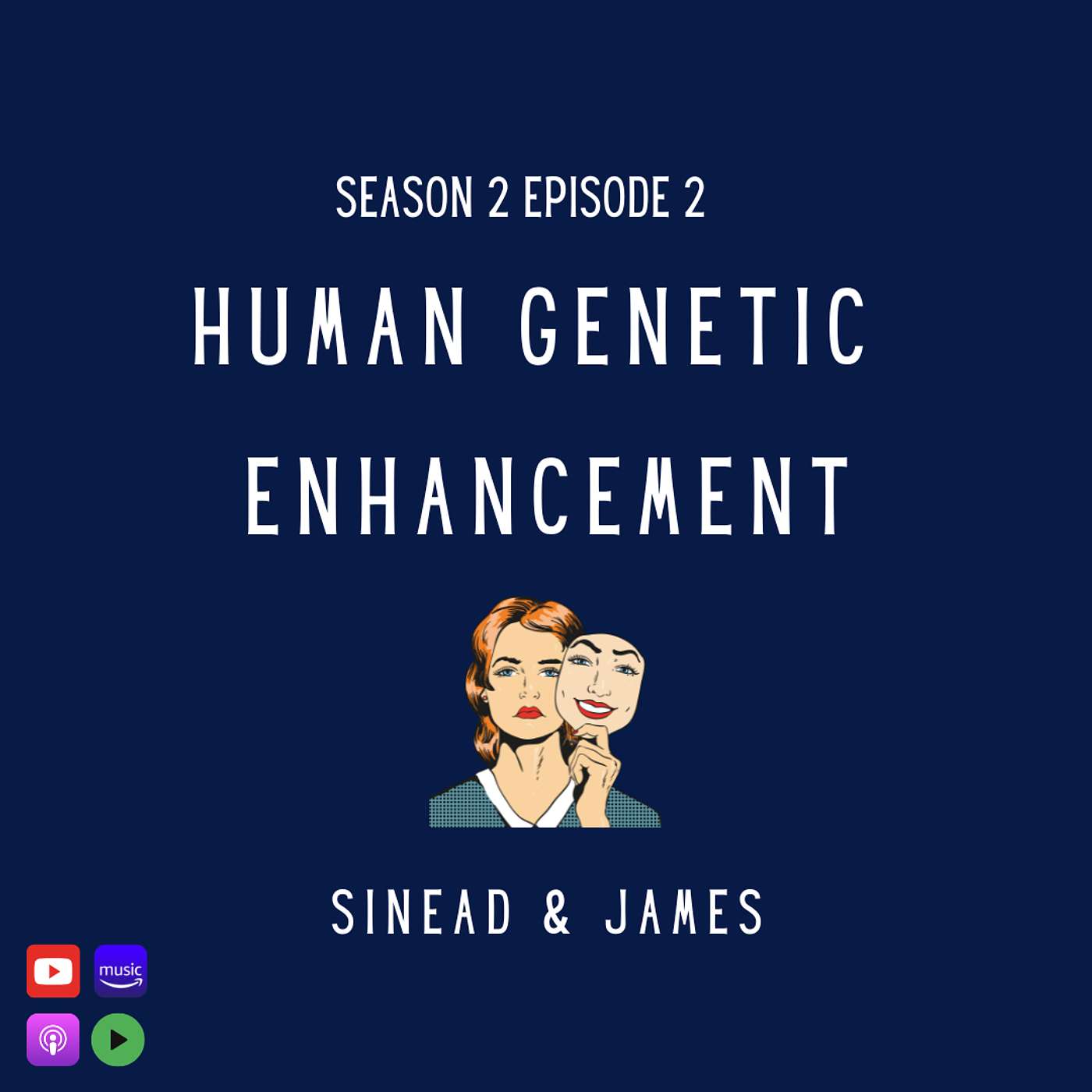
C B m E & U
Author: Centre for Biomedical Ethics
Subscribed: 1Played: 1Description
CBmE&U is a podcast developed by the Centre for Biomedical Ethics in the Yong Loo Lin School of Medicine at National University of Singapore to promote awareness and debate in bioethics. The podcast showcases CBmE researchers interviewing members, visitors, and international guests on various topics in biomedical research and healthcare.
Please subscribe through your streaming service to get updates on new podcasts!
If you would like to use this content for teaching purposes, you are welcome to do so, but please present the material with the following credit statement: This content is from the CBmE&U Podcast, hosted by the Centre for Biomedical Ethics in the Yong Loo Lin School of Medicine at National University of Singapore: https://www.buzzsprout.com/2384633/episodes
























